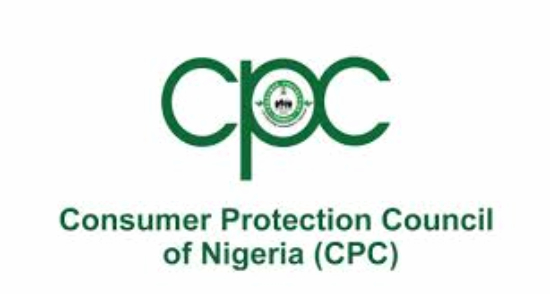The Nigerian Communications Commission and the Consumer Protection Council held a meeting on July 2nd, to investigate call masking in Nigeria on the directive of the National Assembly.
TheNewsGuru reports the meeting was also to review the existing Memorandum of Understanding between the two government organizations and discuss how to work together to improve complaints resolution of telecommunications consumers.
Speaking at the meeting, Professor Umar Garba Danbatta said masking of calls with another number, especially international calls is a matter that has been trending and the NCC has been directed to address it as it has security implications.
Professor Danbatta said “The office of the National Security Adviser had directed the NCC to put in place, measures that will contain this menace even before the directive from the National Assembly to the NCC and the CPC.
“We have resolved to set up a joint committee to investigate call masking and filing and conclude within a month, and I am very happy with the outcome of the meeting.
“What has happened today is a testimony to an important item on NCC’s 8-point agenda which is strategic collaborations and partnerships with other agencies of government”
Babatunde Irukera, Director General, Consumer Protection Council said the meeting provided an opportunity to discuss consumer protection with respect to the telecommunications industry.
Irukera said: “it was a very productive meeting and few key things we agreed on is that the CPC needs a good number of guidelines, directions, regulations and initiatives of the Consumer Affairs Bureau of the NCC, with respect to addressing consumer issues.
“We are looking to concluding and existing negotiation on an MOU that will define on how our relationship goes going forward, and we will open a mutual investigation into quality of consumer experiences in the telecommunications industry, to address a lot of consumer issues.”
The Executive Commissioner Stakeholder Management, Sunday Dare, stated that NCC’s journey with the CPC started many years back with previous MOU’s.
“We been trying to review the MOU for some months and we’ve come to the final part of it, and what has happened today is to make sure we create the kind of synergy that we need to go forward to protect the consumers”, he said.
He reiterated that the NCC under the leadership of Professor UG Danbatta prioritizes protecting, informing and educating the 154 million telecoms subscribers in Nigeria through various ways, including the interagency collaboration with other organizations, such as the CPC, that have a mandate to protect consumers across the country.


